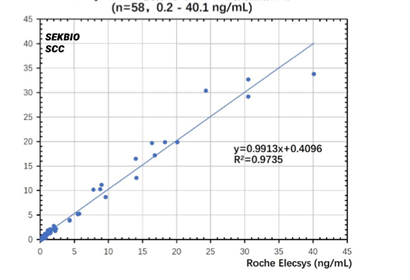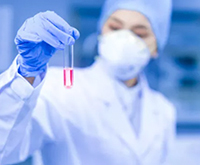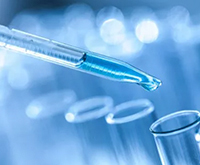Squamous Cell Carcinoma (SCC)
What is Squamous Cell Carcinoma Antigen (SCCA)
Squamous Cell Carcinoma Antigen (SCCA), also known as Squamous Cell Carcinoma Antigen or SCCA, is a subunit of the tumor-associated antigen TA-4, isolated from squamous cell carcinoma tissue of the cervix. It is found in the cytoplasm of various squamous cell carcinomas, including the cervix, lungs, esophagus, head, and neck. SCCA serves as a tumor marker to detect squamous cell carcinoma, offering high specificity but limited sensitivity.
How does SCCA work?
1. Assisting in diagnosis:
- Serum SCC is a vital tumor marker used to support the diagnosis of squamous cell carcinoma. It shows an elevated level in the serum of patients with cervical and lung squamous cell carcinomas, with concentration increasing as the disease progresses.
- Serum SCC also exhibits varying positivity in other malignancies, such as head and neck epithelial cell carcinomas, esophageal cancers, nasopharyngeal carcinomas, and skin cancers.
- Serum SCC levels may also increase to some extent in certain benign conditions like hepatitis, cirrhosis, pneumonia, tuberculosis, psoriasis, eczema, and kidney failure. However, the rate of false positives is relatively low.
2. Prognostic assessment:
- Increased serum SCC levels are generally considered a negative prognostic factor for cervical and lung squamous cell carcinomas.
3. Treatment efficacy and recurrence monitoring:
- Elevated serum SCC is associated with lymph node metastasis in cervical squamous cell carcinoma, allowing for personalized treatment plans. However, it is not yet considered a routine approach.
- Concentrations of serum SCC correlate with the stage of cervical squamous cell carcinoma, tumor size, residual tumor post-surgery, tumor recurrence, and progression. Thus, it can be employed to evaluate treatment efficacy, monitor patients during follow-up, and detect cancer recurrence.
- Serum SCC also holds some value in monitoring the treatment efficacy of lung squamous cell carcinoma.
What factors influence SCC detection?
1. Specimen contamination: It is crucial to prevent contamination of blood specimens by sweat, saliva, and respiratory secretions, as they can lead to an elevated SCC concentration.
2. Disease conditions: Abnormal liver and kidney functions, biliary obstruction, and inflammatory infections may cause an increase in SCC levels.
3. Specimen heat treatment: Blood specimens should not undergo heat treatment (e.g., HIV inactivation), as it may result in protein denaturation and produce inaccurate, lower results.
4. Repeated freezing and thawing of specimens: To prevent antigen denaturation, serum and plasma samples should not undergo repeated freezing and thawing. Additionally, vigorously shaking the melted specimen can cause cytokeratin to adhere to the tube wall, leading to falsely low results.
5. Medications: Chemotherapy can cause temporary elevations in tumor markers. Patients treated with monoclonal antibodies and animal immune serum may also experience falsely elevated tumor markers.
Performance Data of Sekbio SCC reagents
Sensitivity

Linearity
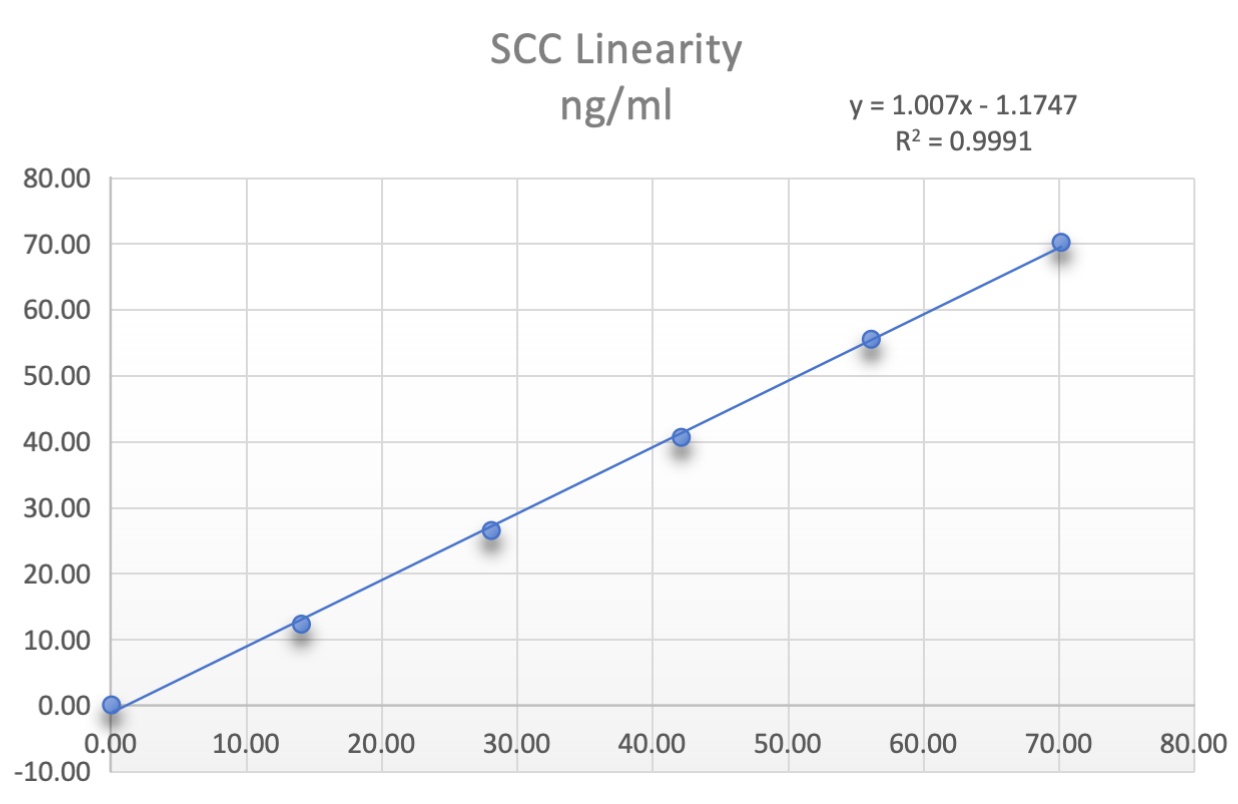
Precision
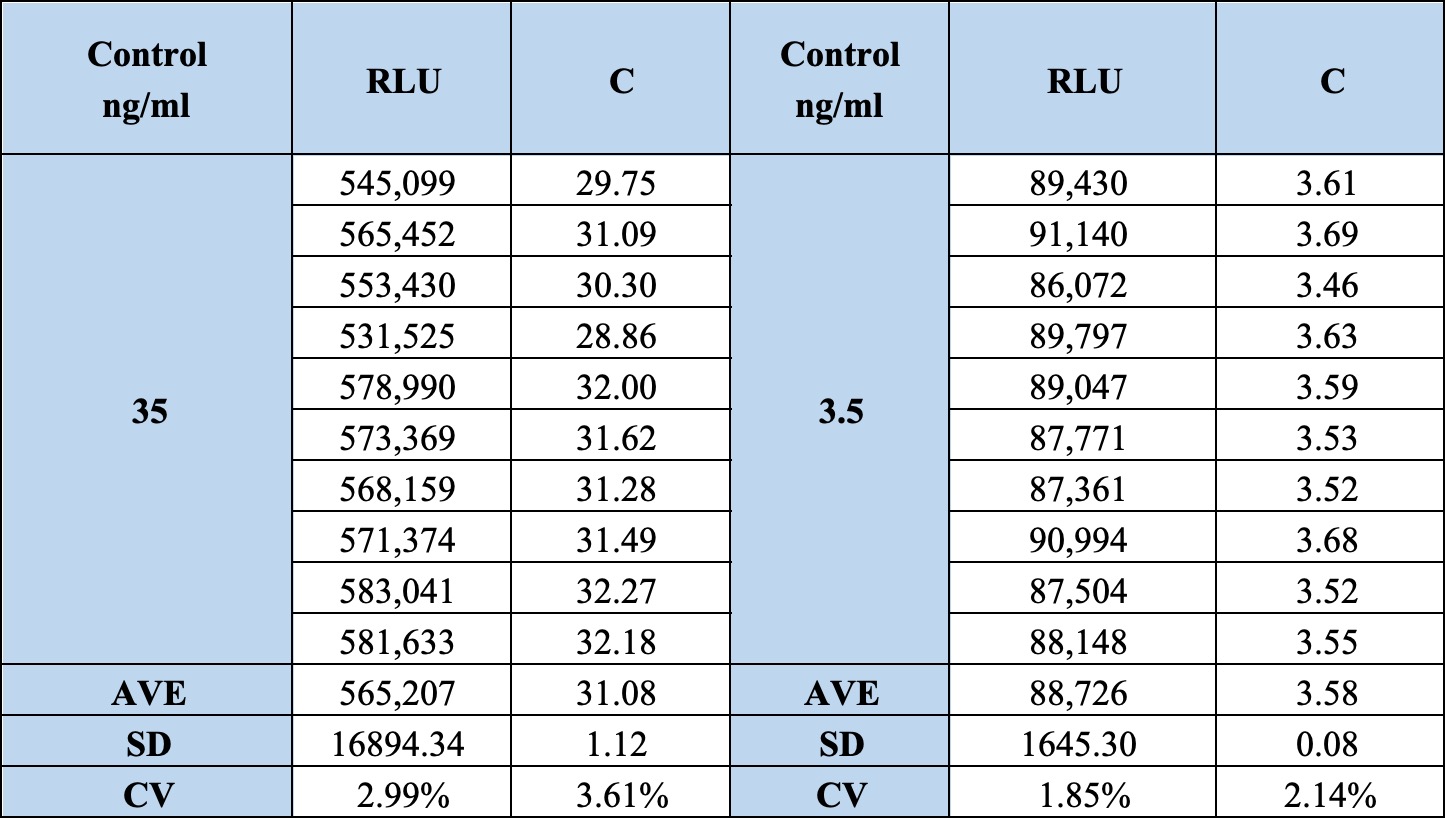
Method comparison
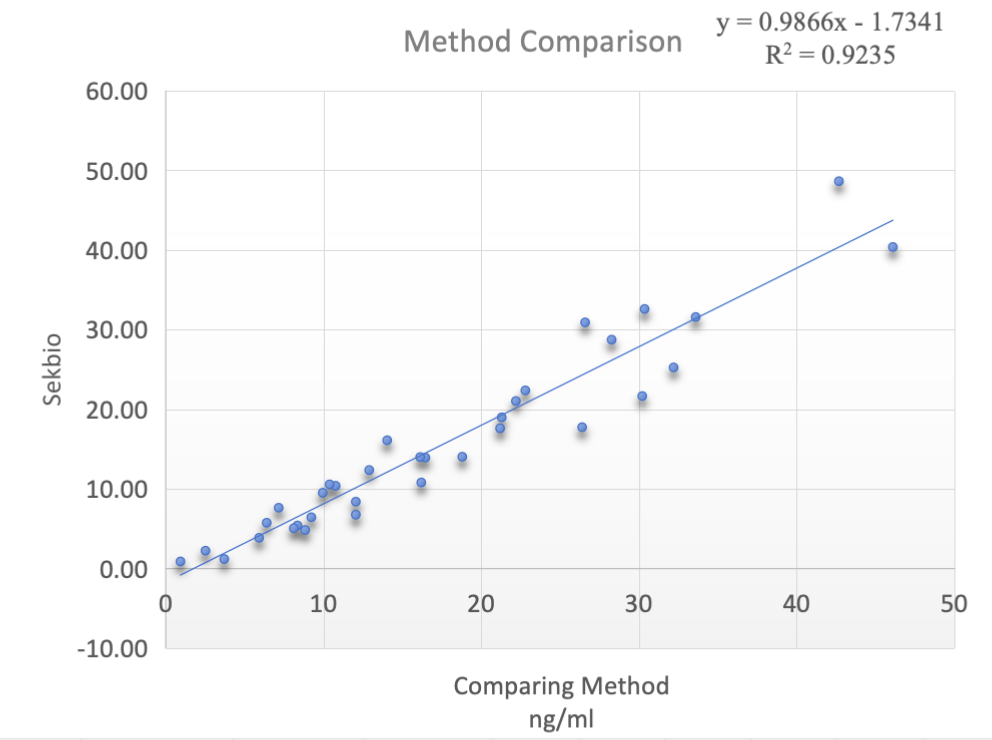
Squamous cell carcinoma (SCC Tumor Marker) antigen is a 48kDa glycoprotein initially isolated from a squamous cancer of the uterine cervix.
Immunohistochemically, SCC is a cytoplasmic protein of normal and cancerous squamous cells.
Studies have indicated that SCC antigen is a good marker for diagnosis and monitoring the effectiveness of treatment of SCCs.
The clinical significance of SCC is as follows:
1. It has a high diagnostic value for cervical cancer
2. Assist in the diagnosis of lung squamous cell carcinoma
3. Prediction of esophageal squamous cell carcinoma
4. Diagnosis and monitoring of other squamous cell cancers (head and neck cancer, vulva cancer, bladder cancer, anal cancer, skin cancer, etc.)
Squamous Cell Carcinoma (SCC Tumor Marker) Products
| Antibody | Application |
| Mouse anti-human SCC mAb | For immunodiagnostic: ELISA, LFA, CLIA |
| Humanized anti-human SCC mAb | |
| Prokaryotic expression antigen (full length) |
| Antigen | Application |
| Prokaryotic expression antigen (full length) | For immunodiagnostic: ELISA, LFA, CLIA |
SCC Tumor Marker
Squamous cell carcinoma, also known as epidermal carcinoma, is a malignant tumor that occurs in the epidermis or adnexal cells, and the cancer cells have different degrees of keratinization. It is more common in areas covered by squamous epithelium, such as the skin, mouth, lips, esophagus, cervix, vagina, etc. In addition, some parts such as the bronchus, bladder, renal pelvis, etc., although not covered by squamous epithelium, can form squamous cell carcinoma through squamous metaplasia.
SCC AG
Serum SCCA assay has high specificity for diagnosing various squamous cell carcinomas. It is an effective and sensitive marker for squamous cell carcinomas of the vulva, vagina, and cervix. For primary cancer of the vulva and vagina, the sensitivity is 40%-50%; for primary cervical squamous cell carcinoma, the diagnostic sensitivity can reach 50%-70%; the sensitivity for the diagnosis of recurrent cancer can get 65%-85%. The serum SCCA in patients with cervical cancer is positively correlated with the clinical stage. The rise and fall of the SCCA level are consistent with the progression or improvement of the disease. Dynamic monitoring of serum SCCA levels can indicate cervical cancer disease monitoring. Serum SCCA levels in patients with cervical cancer rise again after treatment, or serum SCCA is negative before treatment. Elevated SCCA levels are earlier than clinical signs of recurrence or imaging suggestive of tumor recurrence.
It is worth noting that SCCA can also be found in normal body fluids such as sweat, saliva, and other body fluids. If such body fluids contaminate the specimen, even sneezing may pollute the specimen and cause false positives. Therefore, the sample with elevated SCCA should be repeated for determination.


